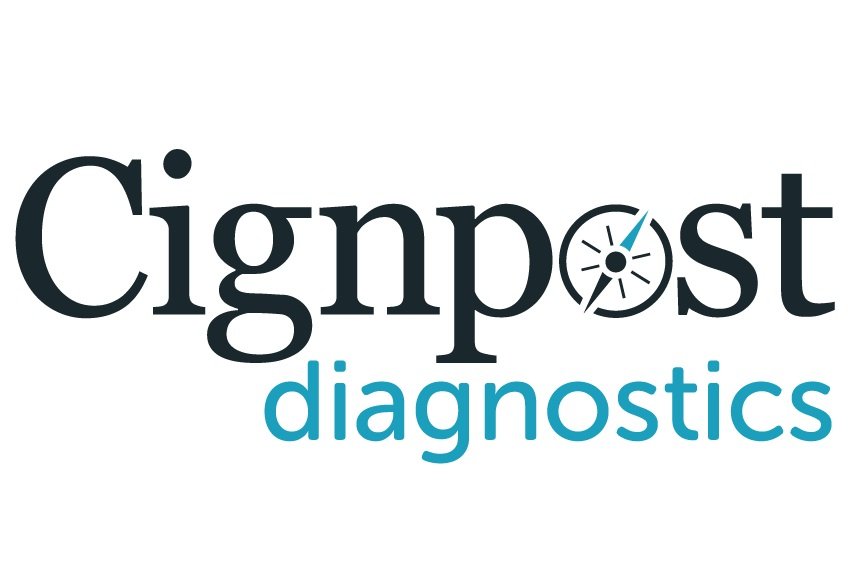National Cholesterol Month- How to manage your cholesterol
October is National Cholesterol Month, also known as Cholesterol Awareness Month. According to the NHS, more than two in every five people in the UK suffer from high cholesterol, which makes it important for all of us to know more about how cholesterol impacts our health.
This National Cholesterol Month, we look at the types of cholesterol, what causes high cholesterol, how to lower cholesterol and how cholesterol testing can help.
What is Cholesterol?
Cholesterol is a fatty substance that is naturally produced in the liver and can be found in every person’s blood at some level. Cholesterol is needed by the cells in our body to make bile, vitamin D and more, but too much can cause serious complications.
The Different Types of Cholesterol
There are different types of cholesterol, but the two main ones that you will come across are LDL and HDL cholesterol. Low-density lipoproteins (LDL) is considered the ‘bad cholesterol’, while high-density lipoproteins (HDL) is the ‘good cholesterol’.
LDL
LDL cholesterol is the one that causes complications in our bodies. It is known as the “bad cholesterol” because an excess of it in the blood can clog up arteries and cause serious problems like heart attacks, heart disease and strokes.
HDL
HDL cholesterol has a high amount of protein and little cholesterol. HDL cholesterol’s job is to remove cholesterol from the cells and take it back to the liver for processing. This high-density cholesterol can help prevent disease.
What Causes High Cholesterol?
There are a number of things that can cause people to develop high cholesterol. These are the most common causes:
A diet that contains high amounts of saturated fats or trans fats, such as those found in fatty meats and full-fat dairy products. They are also found in pre-packaged snacks and desserts.
Obesity or having a body mass index (BMI) of 30 or greater.
Lack of exercise, particularly cardiovascular exercise.
Smoking cigarettes, which lowers levels of HDL cholesterol.
Drinking too much alcohol.
Age. While even young children can have high cholesterol levels, the chances of high cholesterol increase with age.
Genetics can play a big role in high cholesterol levels and it can be hereditary.
High Cholesterol Symptoms
High cholesterol has no signs or symptoms and that is why it’s essential to get a cholesterol test regularly. Preventative screening helps to pick up high cholesterol early and can help to mitigate the complications that it could cause later on if left untreated.
How to Manage High Cholesterol
There are a number of ways to lower cholesterol and many of them are simple lifestyle changes that will benefit you in other areas of your life too. If you’re wondering, “Can I reduce my cholesterol in one month?” you can! Many of the below lifestyle changes will impact your cholesterol levels in as little as three to eight weeks.
Eat a Balanced Diet
Eating a balanced diet is a crucial part of managing high cholesterol, especially if the intake of cholesterol is in close relation to your serum levels.
A diet that is filled with a variety of nutrients such as fruits, vegetables, whole grains and lean proteins is ideal. Foods with added sugars or that are high in trans and saturated fats should be avoided or eaten in moderation.
A lower sodium intake can also lower cholesterol levels.
Maintain a Healthy Weight
A BMI of less than 30 is advised for those who want to manage high cholesterol. Maintaining a healthy weight or putting the work in to achieve a healthy weight is key to lowering high cholesterol levels. This should be done through a combination of healthy eating, high water intake and physical activity.
Exercise Regularly
High cholesterol levels pose a significant risk to the heart and it’s vital that the heart gets regular exercise. This is done through physical activity, such as walking or playing sports. People who struggle with high cholesterol should get at least 150 minutes of moderate-intensity exercise a week.
Quit Smoking and Reduce Alcohol Intake
Smoking and excessive alcohol use are prime causes of high cholesterol in many people. Stopping smoking and cutting back on alcohol intake can make a big impact on lowering cholesterol levels.
Cholesterol Medicine
The fastest way to lower cholesterol levels to a healthy normal is through the use of cholesterol medications. The best results come from the combination of the above healthy lifestyle adjustments and medication.
Of course, always consult a medical professional before taking medication. A GP will prescribe the best cholesterol medication for each individual case.
Regular Screening
It’s essential to get regular cholesterol screening, such as the tests offered by Cignpost Diagnostics. Preventative screening helps to pick it up early and can avoid some of the complications caused by long-term, untreated high cholesterol.
Regular tests will also monitor whether lifestyle changes and medications are helping to lower cholesterol, or if they need to be adjusted somewhat.
Preventative Screening with Cignpost Diagnostics
At Cignpost Diagnostics we offer cholesterol testing and other health screening services to organisations, providing business continuity and helping people diagnose their future health.
Contact us if we can help your organisation.

